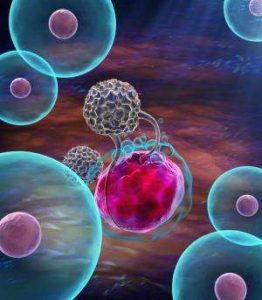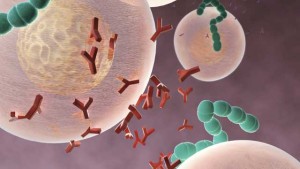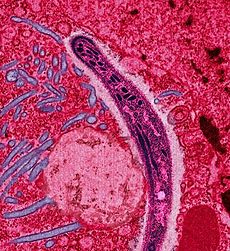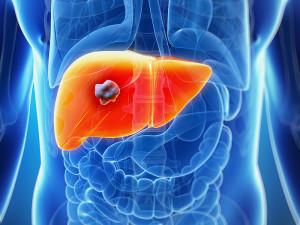Highlights
- •We investigate the relationship of patient age and ICB therapy biomarkers
- •Favorable ICB biomarkers are generally more prevalent in elderly patients
- •The CAMA web application provides a multi-omics atlas of aging in cancer
Summary
Both tumors and aging alter the immune landscape of tissues. These interactions may play an important role in tumor progression among elderly patients and may suggest considerations for patient care. We leverage large-scale genomic and clinical databases to perform comprehensive comparative analysis of molecular and cellular markers of immune checkpoint blockade (ICB) response with patient age. These analyses demonstrate that aging is associated with increased tumor mutational burden, increased expression and decreased promoter methylation of immune checkpoint genes, and increased interferon gamma signaling in older patients in many cancer types studied, all of which are expected to promote ICB efficacy. Concurrently, we observe age-related alterations that might be expected to reduce ICB efficacy, such as decreases in T cell receptor diversity. Altogether, these changes suggest the capacity for robust ICB response in many older patients, which may warrant large-scale prospective study on ICB therapies among patients of advanced age.







